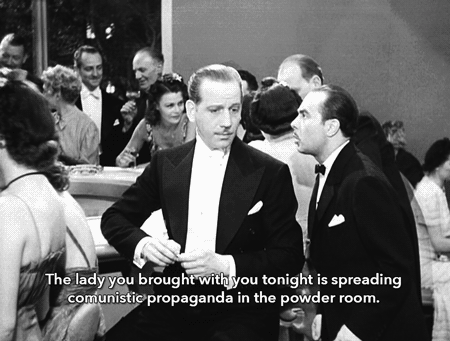One of the various innovative proposals for campaign finance reform that have been floating around over the years is the idea of a campaign voucher, proposed in the “Our Democracy, Our Airwaves” Act sponsored by John McCain, Russ Feingold, and Dick Durbin in the Senate. Each congressional and presidential candidate would be given a predetermined number of vouchers that could then be exchanged with television and radio stations for advertising time. Naturally, there have been a lot of theoretical arguments back and forth about the voucher proposal, but no one has ever shown what practical effects they would actually have, until now. The Campaign Finance Institute just released a study )pdf) that analyzed campaign finance data and tried to figure out what sort of effect these vouchers might have. The results?
Challengers who received less than 45 percent of the vote in 2000, 2002, and 2004 would have received, on average, between one and two additional percentage points of the vote with vouchers. Challengers who received more than 45 percent of the vote and open seat candidates would not, on average, receive a significant boost in vote share from vouchers.
Almost all candidates who are even slightly competitive would have qualified for vouchers. Most highly competitive candidates would have received the maximum amount.
Approximately one-third of candidates who spent too much of their own money to qualify for vouchers would have been better off with vouchers.
Hm, so it doesn’t seem like this proposal would change the actual electoral results very much, though it would improve competitiveness, which is in theory good. (If anything, it forces incumbents to move to the center.) Although, the study’s authors note that vouchers could produce a “snowball” effect in primaries, which could have an effect on fundraising, and that make races more competitive.
On the other hand, perhaps it’s wrong to worry too much about improving competitiveness in races and we should instead worry more about simply improving both communication and accountability. In that sense, the vouchers seem to work well. Plus, there are all sorts of other considerations that aren’t tested. Perhaps vouchers would encourage different candidates to run—that is, the ability to raise a lot of money on one’s own would become less important in a candidate. And vouchers could well decrease the influence of large donors.



